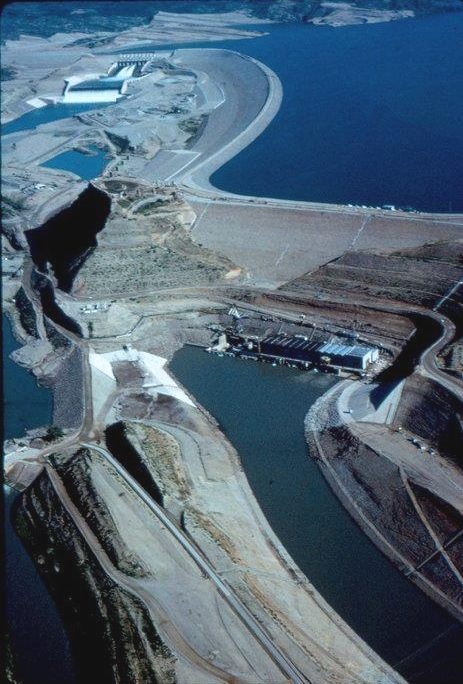The energy policy of Pakistan is formulated and determined by the federal, provisional, and local institutional entities in Pakistan, which address the issues of energy production, distribution, and consumption of energy, such as gas mileage and petroleum standards. Energy policy requires the proper legislation, international treaties, subsidies and incentives to investment, guidelines for energy conservation, taxation and other public policy techniques.
Energy policy requires the proper legislation, international treaties, subsidies and incentives to investment, guidelines for energy conservation, taxation and other public policy techniques.
Several mandates and proposals have been called over the years to overlook the energy conservation, such as Neon signs were banned and the official weekend was extended from one to two days in an attempt to conserve electricity (Gillani, 2010) and reducing the electricity load used by industrial unitsby 25% during peak hours (Aziz, 2007),but no comprehensive long-term energy strategies were implemented. Since 1999, many legislative provisions were adopted for energy conservation including the seeking energy from various renewable energy sources. There is also an intense criticism about the unequal distribution of energy, the irresponsible usage of energy sources, and the country's new plan which is aimed to raise country's dependence on imported oil for power generation to 50% by 2030. After much public criticism, the long-term energy security policy was announced in 2013 through the introduction of equal cutting edge energy transmission network, minimizing financial losses across the energy system and aligning the ministries involved in the energy sector as well as improving the governance of energy sources.[5]
Studies and policy implementation recommended by AEDB, Water ministry (as policy enforcer), theNEPRA regulates the energy sources network as well as determining the financial prices of the usage of energy. Government-specific energy-efficiency incentive programs also play a significant role in the overall energy policy of Pakistan. As of 2013Prime Minister Nawaz Sharif has announced a determined and aggressive energy policy to meet the energy challenges and energy management.



